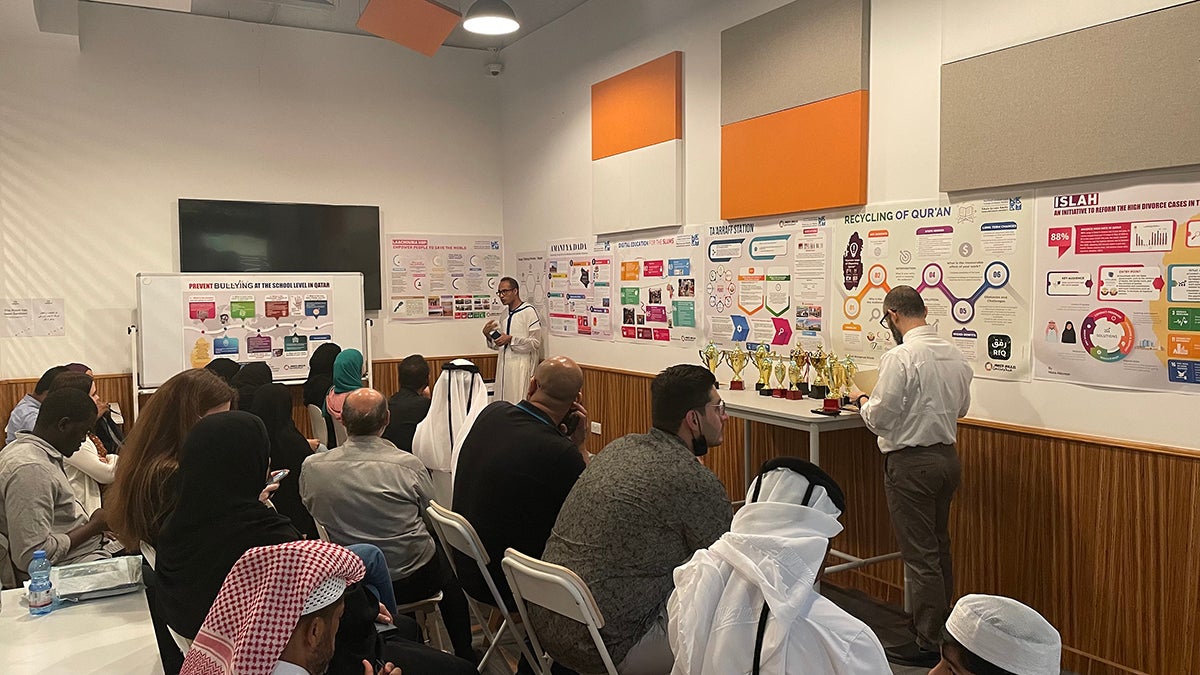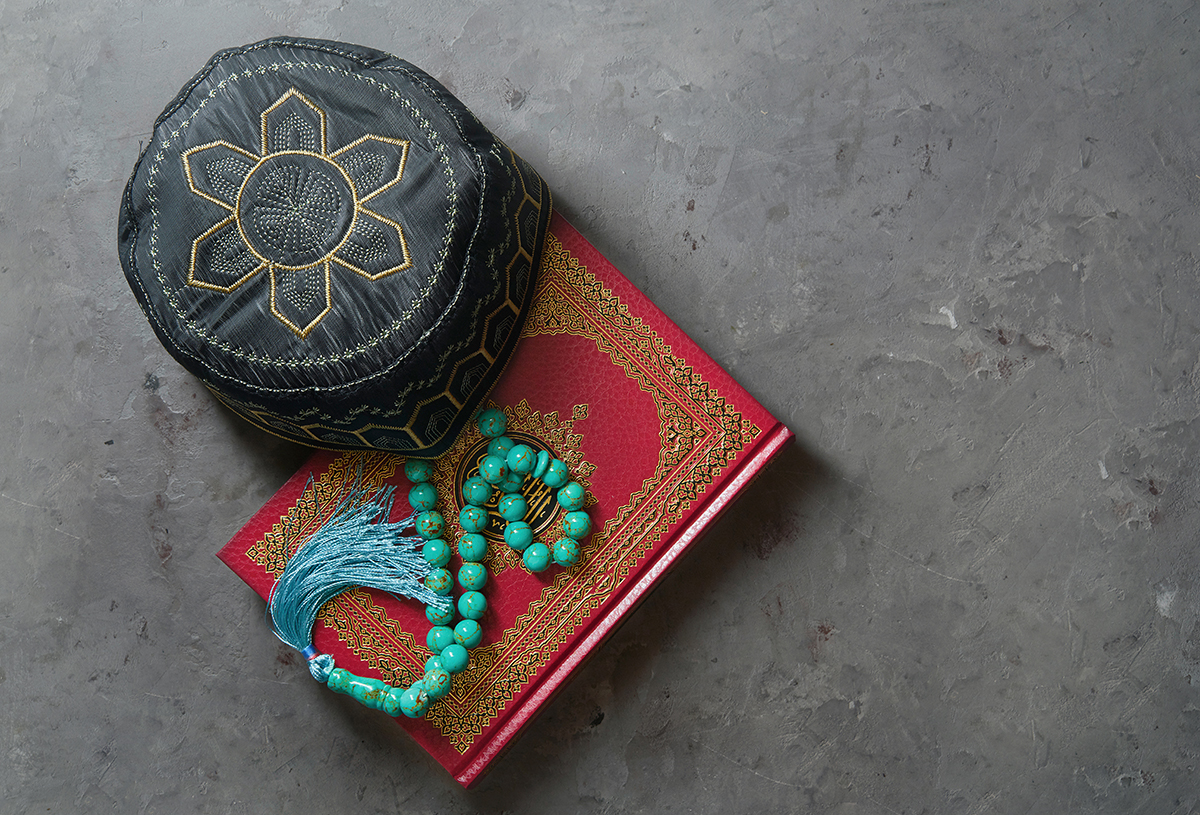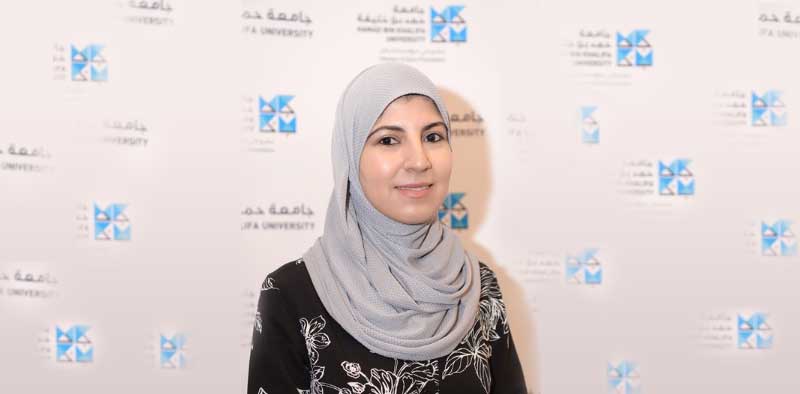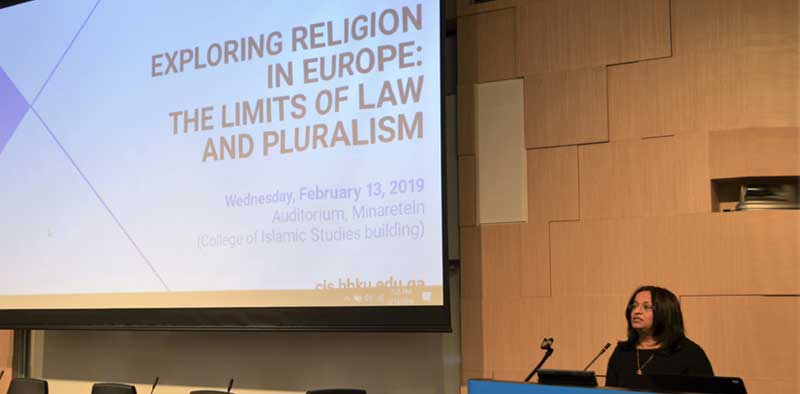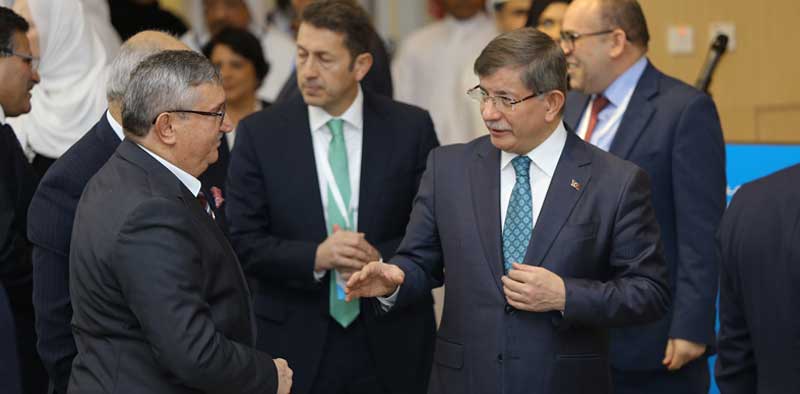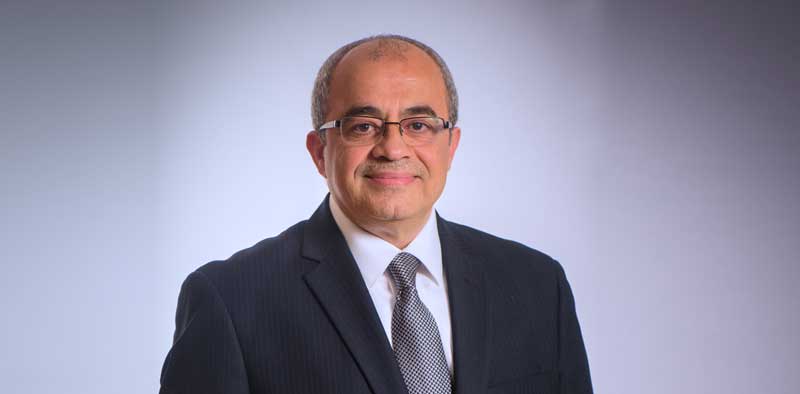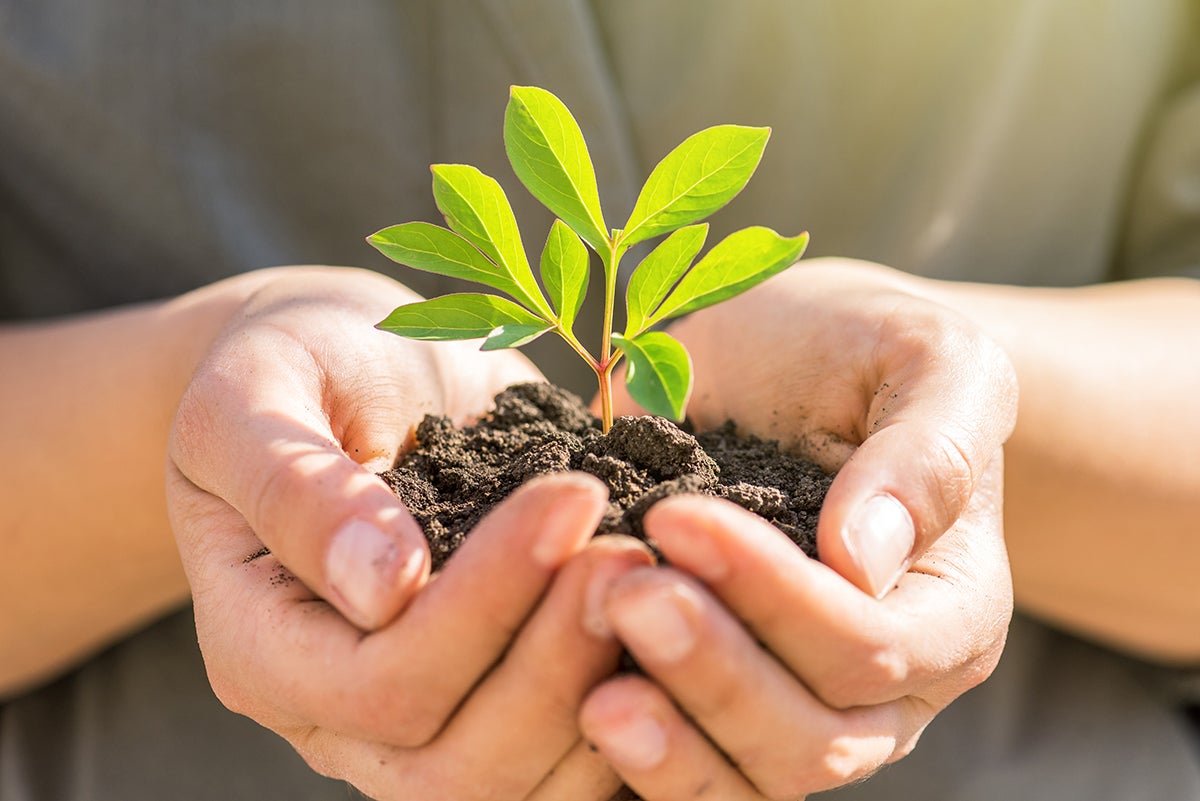
Youth with the drive to make the world more just, equal, and inclusive are finding a progressive educational space to think creatively and innovatively through Maker Majlis – a platform under the College of Islamic Studies at Hamad Bin Khalifa University (HBKU).
The idea behind the Maker Majlis initiative is to find ways for youth to connect Islamic values with the United Nations Sustainable Development Goals (SDGs) and work as a collective to identify problems and solutions.
Goals and values
Maker Majlis represents the applied, interdisciplinary dimensions of the academic programs at the College of Islamic Studies, and how it fuses academic Islamic grounding with contemporary social sciences.
Since its launch in 2019, this fully-fledged teaching and learning space has focused on transformative dialogue and synergy. Activities designed around the exchange of ideas, challenges, and solutions enable youth to positively impact communities as social entrepreneurs at the local and global levels. An eclectic mix of educational tools include Lego Serious Play, human-centered design training, digital concept mappings, and mentoring.
A growing reach
The inaugural event “Islam in a Global World” in September 2019 brought together over 2,000 youth. Since then, its visibility has grown exponentially. Maker Majlis was officially designated part of the Doha Capital of Culture in the Islamic World 2021 and more recently became a member of the UN Sustainable Development Solution Network (SDSN) Youth community, extending both its reach and network.
“It’s been exciting to see Maker Majlis come onto the global stage in terms of how we’re integrating a makerspace environment in higher education. We believe that a maker culture enables youth from diverse backgrounds to explore, create, and connect in new ways and more effectively build community and capacity to achieve the SDGs,” says Dr. Evren Tok, founder of Maker Majlis, and Associate Professor and Assistant Dean for Innovation and Community Advancement. He is supported by Bayan Khaled, Organizer and Research Fellow, and Alina Zaman, Research Assistant.
A supportive network
Collaborations with Qatar Foundation stakeholders, and regional and international humanitarian organizations, including United Nations’ global programs and the Islamic Youth Cooperation Forum, opens the platform to youth everywhere. It also creates connections with a global network of top SDG experts.
In Qatar, Maker Majlis has presented SDG-focused educational initiatives with Akhlaquna, Qatar Scientific Club, Greener Future, SDGEneration, Quranic Botanic Garden, ibTECHhar, and others.
Unleashing the transformative power of youth
Amid the pandemic’s challenges, a robust virtual program has helped to cultivate digital safe spaces where ethical behavior and moral reasoning are promoted.
One of the most engaging has been “Design Post-COVID Humanity” (DPCH), encompassing three separate initiatives: “Design Post-COVID Normal”, “DPCH: Taaruf, Taawun, Tarahum (DPCH-3T)”, and “Ahd”.
DPCH demonstrated that Maker Majlis not only develops solutions to current problems but also designs the systems of tomorrow. “Facing a challenging time, we set out with the goal of hearing more individual voices and experiences, mobilizing resources in the most meaningful way, and collaboratively developing creative solutions,” says Dr. Hira Amin, Associate Professor and a member of the Maker Majlis Core Team.
Stressing the virtues of acquaintance, cooperation, and mercifulness, DPCH-3T successfully created a blended, multiplex educational space with regional and international collaborators including HBKU’s College of Public Policy and Qatar Environment and Energy Research Institute (QEERI). “Ahd (Pledge) for Post-COVID Humanity” collectively turned participants’ expectations into an actionable, measurable, and localized pledge linked to the SDGs.
Dr. Emad Shahin, Dean of the College of Islamic Studies, explains: “Innovative thinking, leadership, and ethics will help youth take their role in key decision-making processes. DPCH provided youth from Qatar and other countries with the know-how and skills as well as ethically focused problem-solving mindsets to make this happen. Through initiatives such as our World Refugee Day Event, they got to take part in transformative dialogue and advocacy for change.”
Schifa
The ongoing Science, Faith and Innovation for Human Dignity program, or Schifa, was launched with national and global partners in 2021. Youth explore the science, faith, and innovation nexus in their responses to global challenges undermining social cohesion and human dignity. Through systematic thinking and human-centered design, they learn how to use the tools and resources available to them to think critically and develop exceptional content.
“At its core, Schifa aims to shift the current science communication mindset to a more human-centered science conversation so we can ultimately make faith integral in developing social, economic, and environmental innovations. Participants learn faith-driven practices in building a more sustainable and resilient world for human dignity,” says Mustafa Elamin, Professor of Islam and Global Affairs and Former Minister of Foreign Policy in Sudan.
Schifa’s foundational notion is that advancing sustainability is a global responsibility: “a call to action for everyone involved, regardless of faith, [...] a universal initiative that is inclusive.”
With over 300 participants to date, the program concludes in May 2022.
Contemporary Islamic studies
Through Maker Majlis, the College of Islamic Studies demonstrates its role as an established home for contemporary Islamic studies. In 2021, Maker represented the college at the Reach Out to Asia (ROTA) and Education Above All “Empower Youth Conference”, Sustainability Week Qatar, the World Innovation Summit for Education (WISE), and other events. It has engaged Qatar Charity and Generation Amazing, and invited students and educators to create their own unique SDG-related education tools.
The future
With these efforts growing in impact, Maker Majlis was awarded the Sheikh Hasina Youth Volunteer Global Award in December 2021, winning the “Best Innovative Idea” category for the Middle East. Presented under the auspices of the Dhaka OIC Youth Capital 2020, the award recognized the impact Maker Majlis has created in the lives of youth by empowering them with the ability to embody the SDGs.
“By connecting youth in Qatar to the global goals, Maker Majlis helps make them relevant to their lives, aspirations, and way of being. Our work is only beginning. We will keep striving to give them a voice and help them use their education in shaping a more sustainable, equitable and just future,” Dr. Tok concludes.






